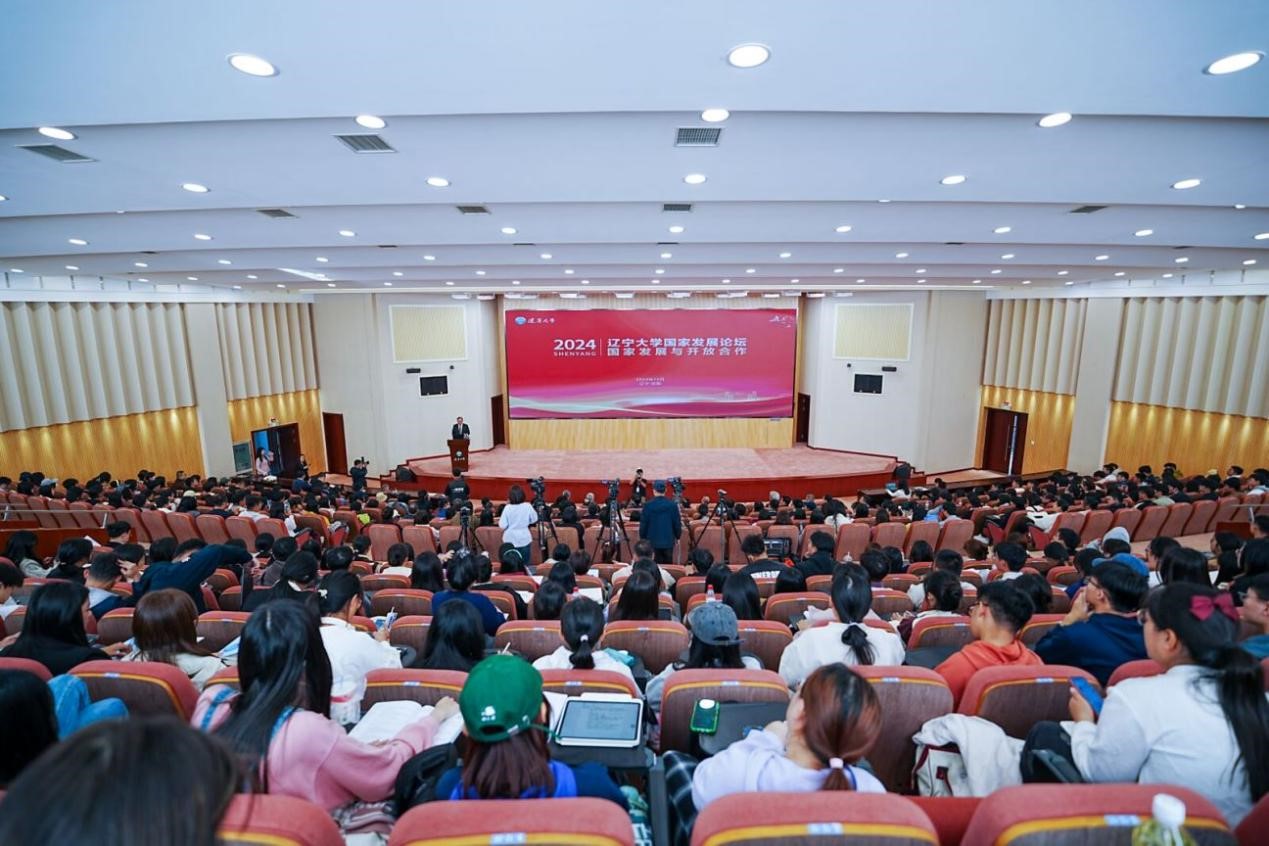
On October 13, the 2024 National Development Forum, themed ‘National Development and Open Cooperation’ kicked off at Puhe Campus, Liaoning University (LNU). Yin Yanlin, Deputy Director of the 14th Chinese People’s Political Consultative Conference Economic Commission attended the forum and delivered a keynote speech. Yu Miaojie, Deputy Secretary of the CPC Committee and President of Liaoning University also attended the forum and delivered a speech. Wing Thye Woo, former professor at the University of California, Davis and a professor at the Faculty of Economics of Liaoning University, Huang Sujian, former Deputy Director of the Institute of Industrial Economics of Chinese Academy of Social Sciences and Xie Di, a professor from the Faculty of Economics of Liaoning University made keynote speeches. Qiu Huanguang, Vice President of Liaoning University presided over the opening ceremony.
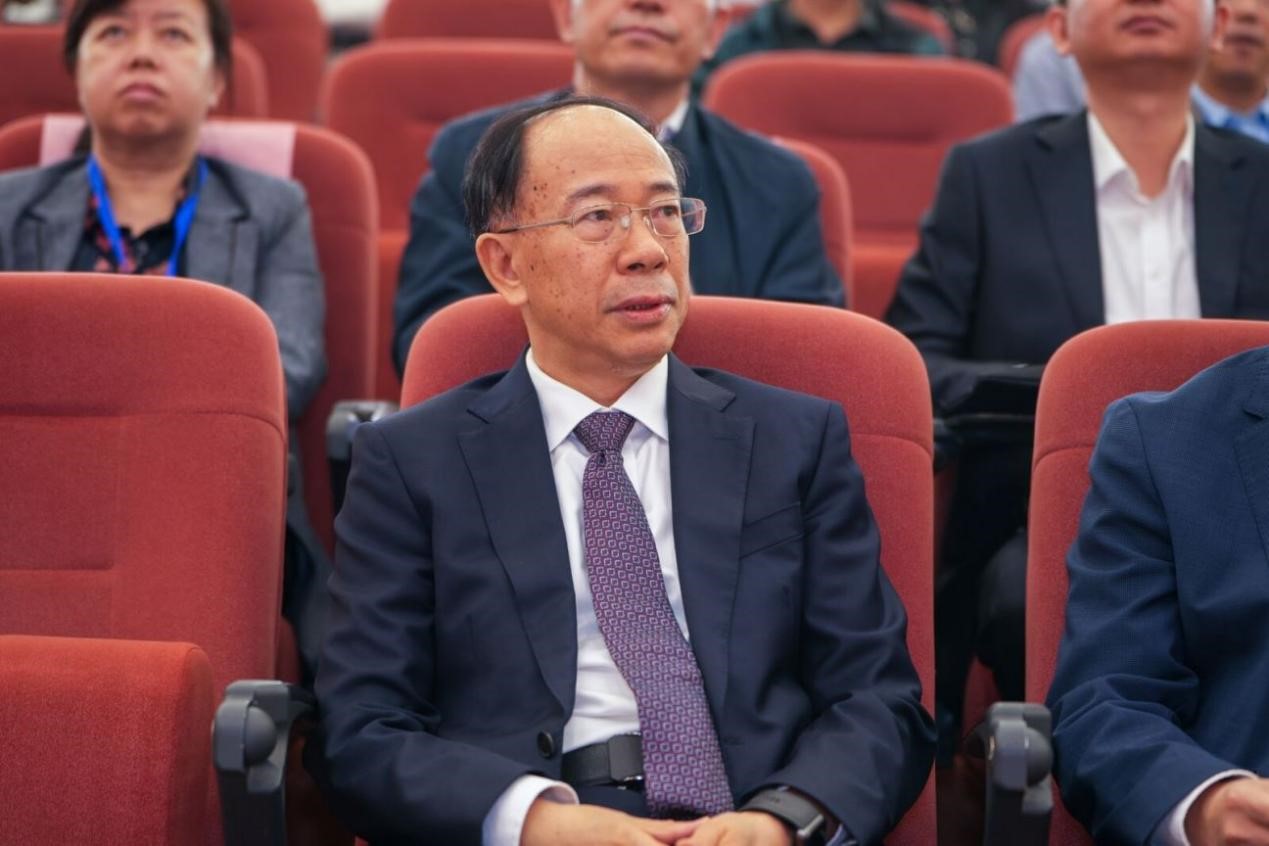
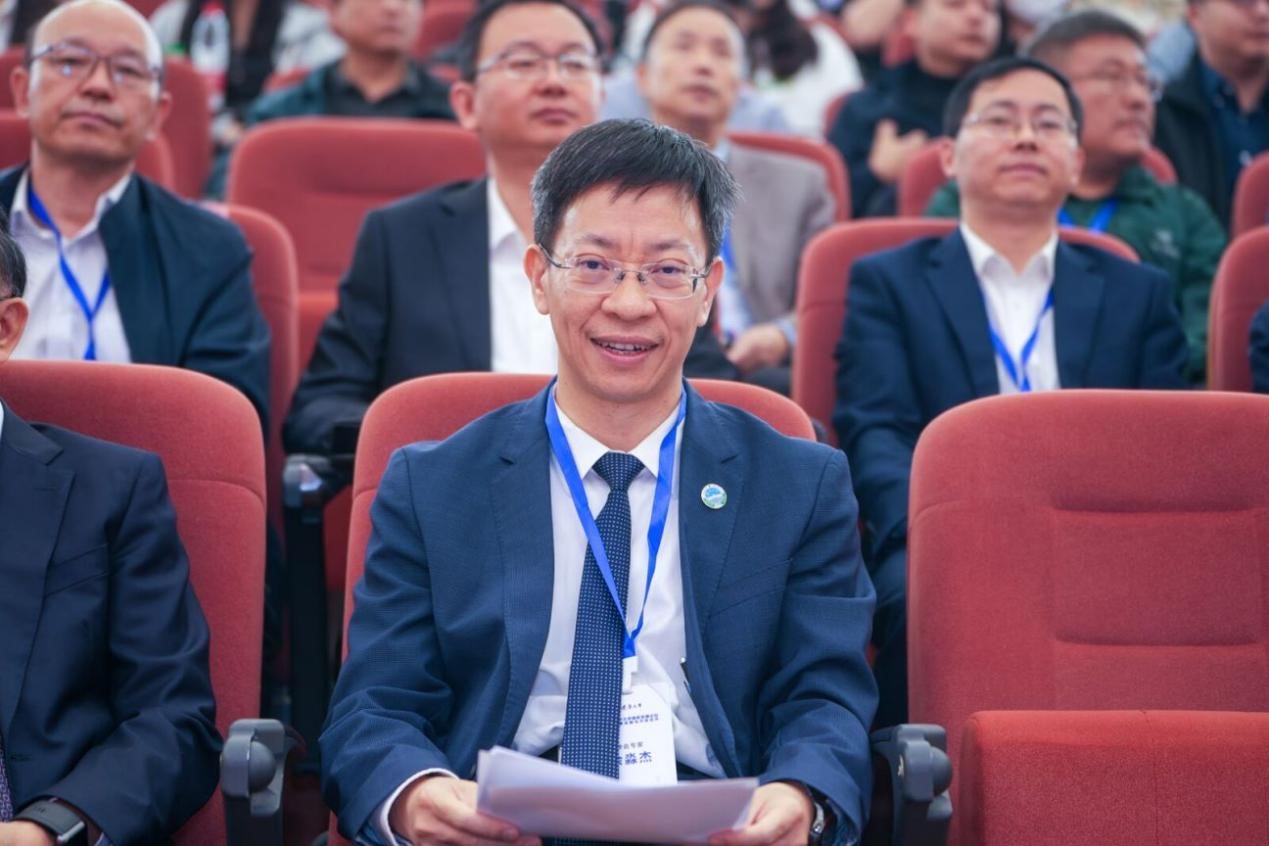
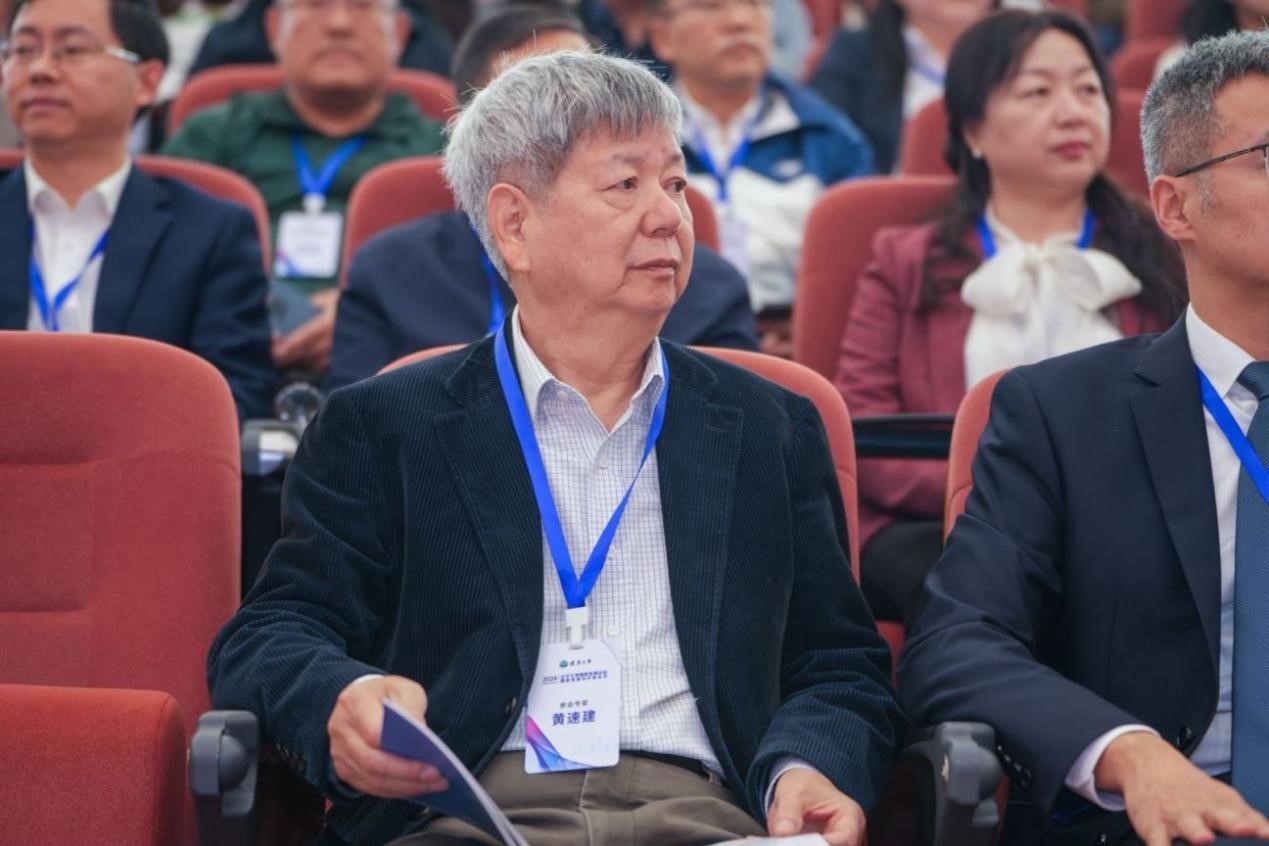
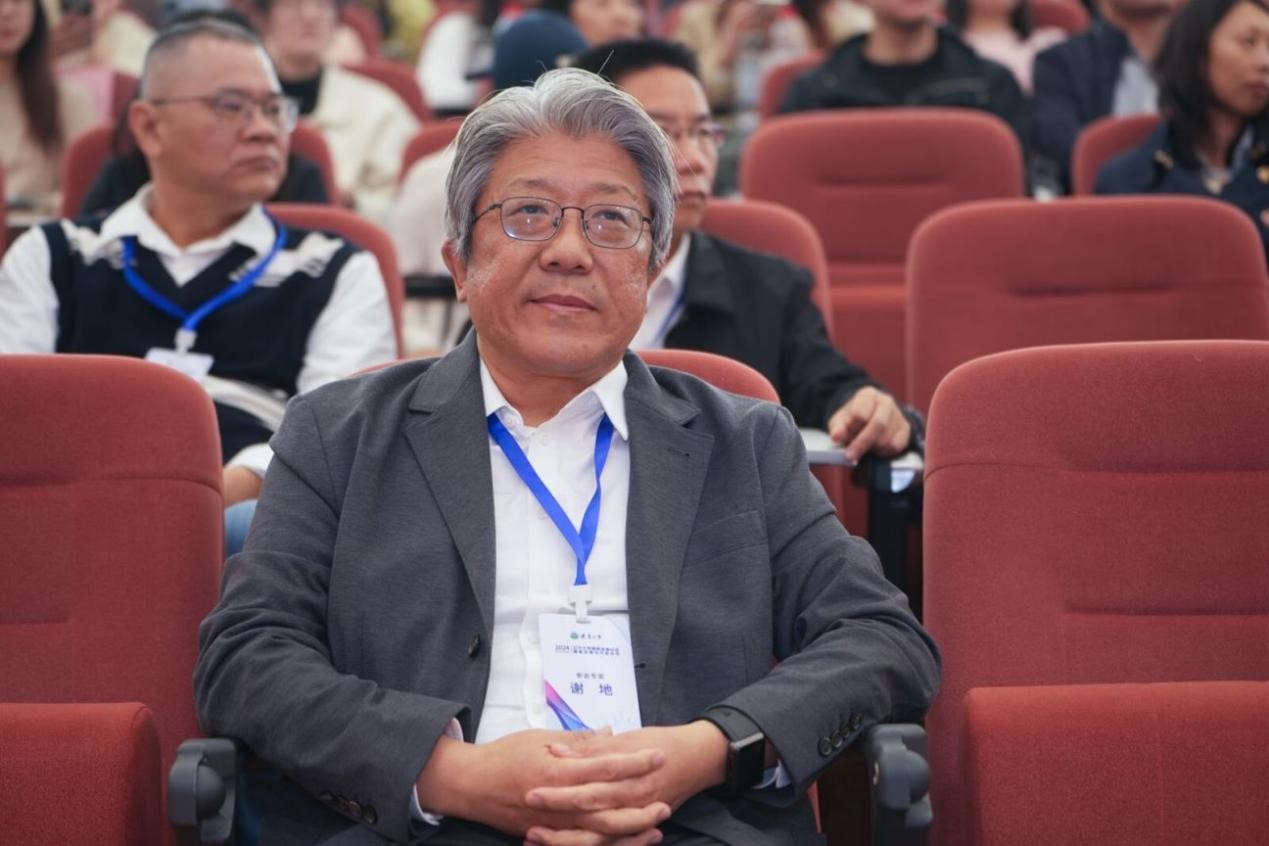
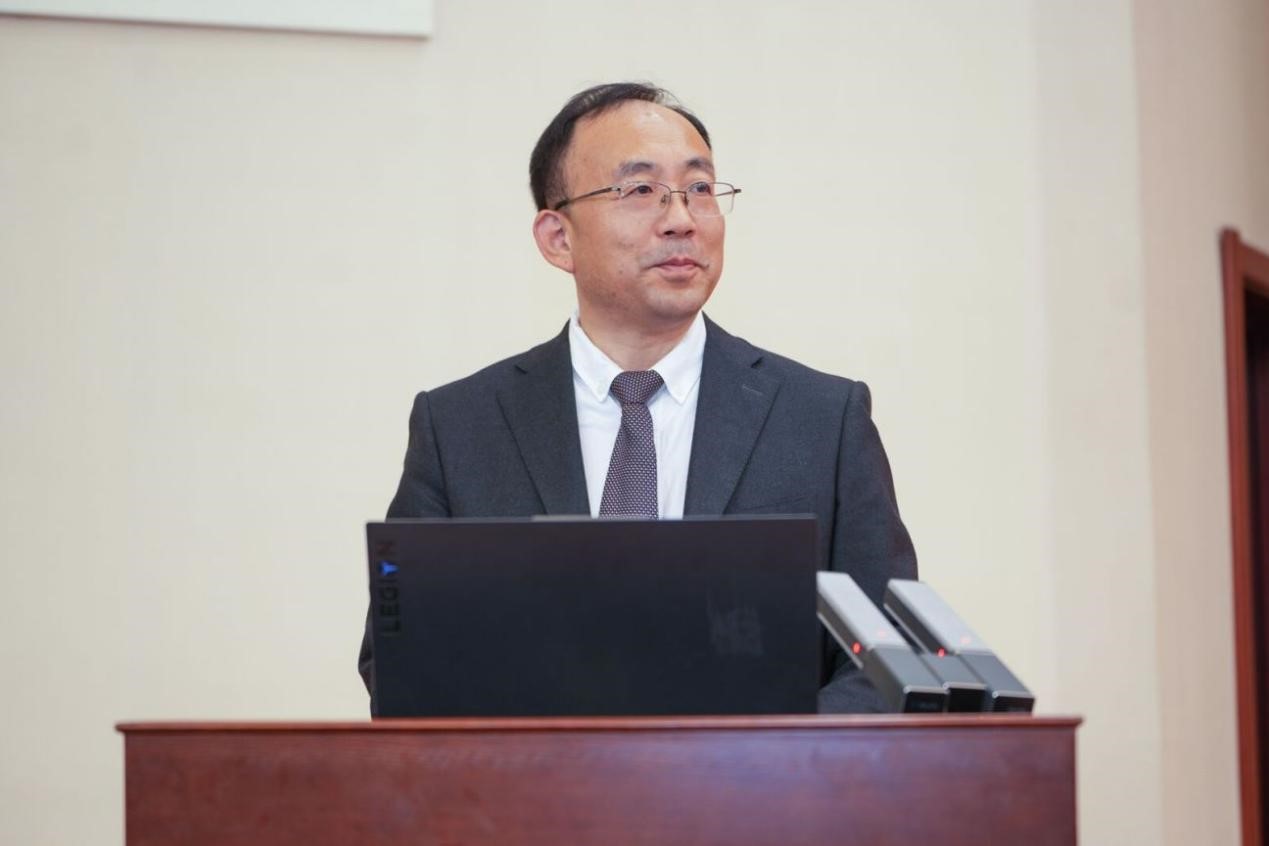
Opening ceremony of the forum
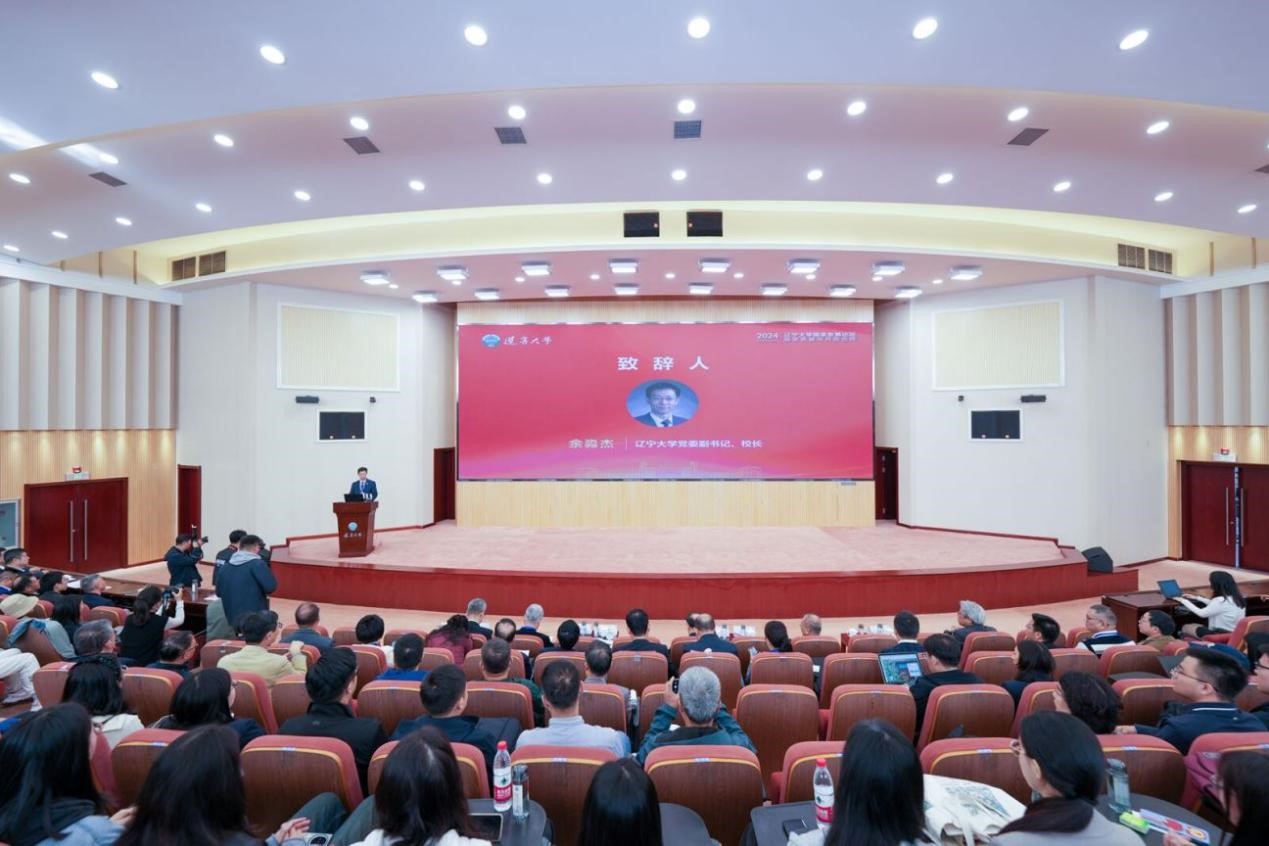
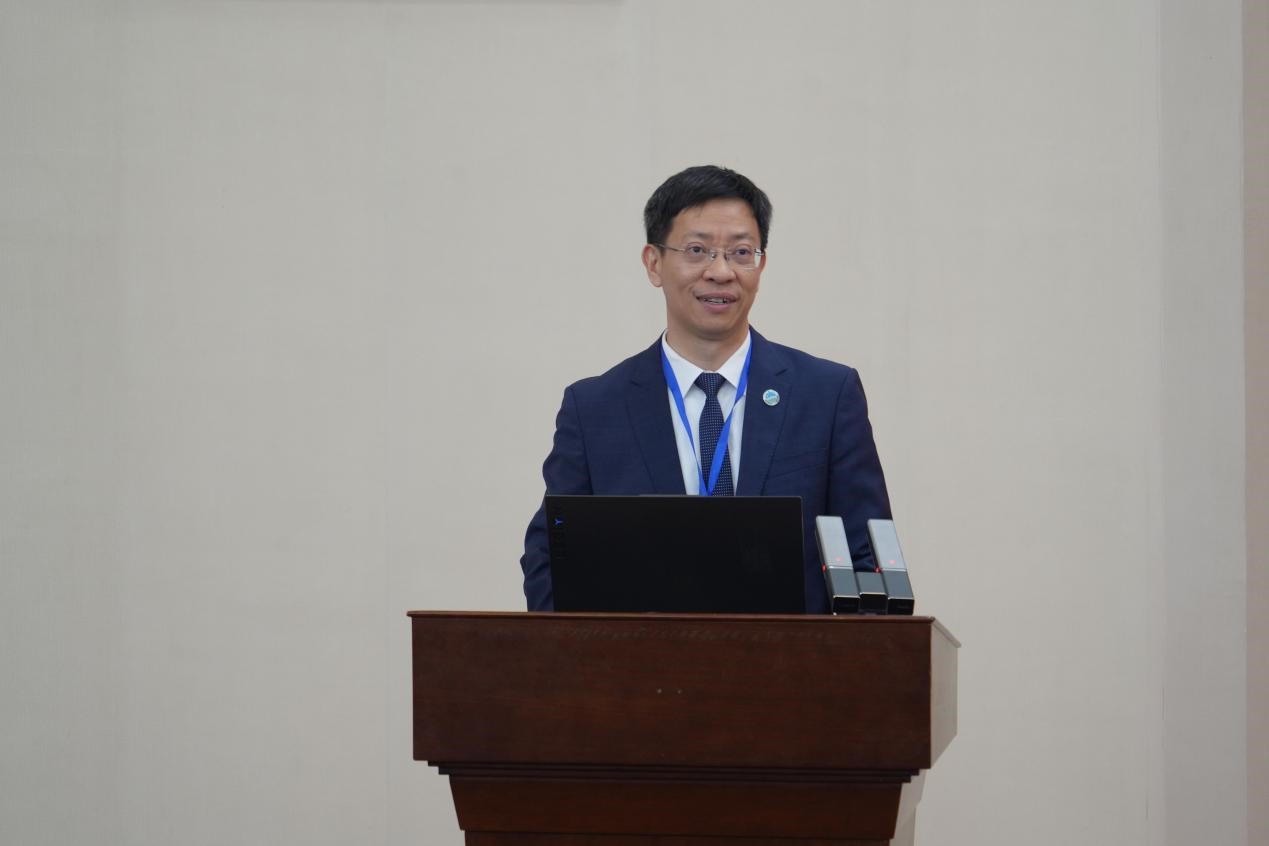
Yu Miaojie expressed a warm welcome and sincere thanks to the leaders, experts, entrepreneurs, teachers and students present at the conference and extended heartfelt congratulations on the convening of the first National Development Forum of Liaoning University in 2024. He noted that the forum aims to deeply interpret China’s political policies, observe the national development trends and offer suggestions for the development of Northeast China. He underscored that Liaoning University is one of the seven universities in China whose Applied Economics discipline was evaluated as a first-class discipline. He added that the university is built with a development history of 76 years in humanities and social sciences and has maintained strong momentum in academic development. He believed that these achievements stem from the recognition of students, the contribution of professors, the development of think tanks, the influence to society and the concept of openness. He added that the forum highlighted the mission and responsibility of Liaoning University in supporting the national development strategies and serving the regional economic and social development. He hoped that by relying on the high-end think tank platforms of the university and integrating the resources and research teams of applied economics, management, political science, law, philosophy, country and regional studies and other disciplines, the university can pool well-known domestic universities, high-end think tanks, professional associations, experts, scholars and entrepreneurs together to build the forum into an academic brand featuring innovation, efficiency and vitality.
Release of the Research on the Development Index of Internationalized Cities in Northeast Asia
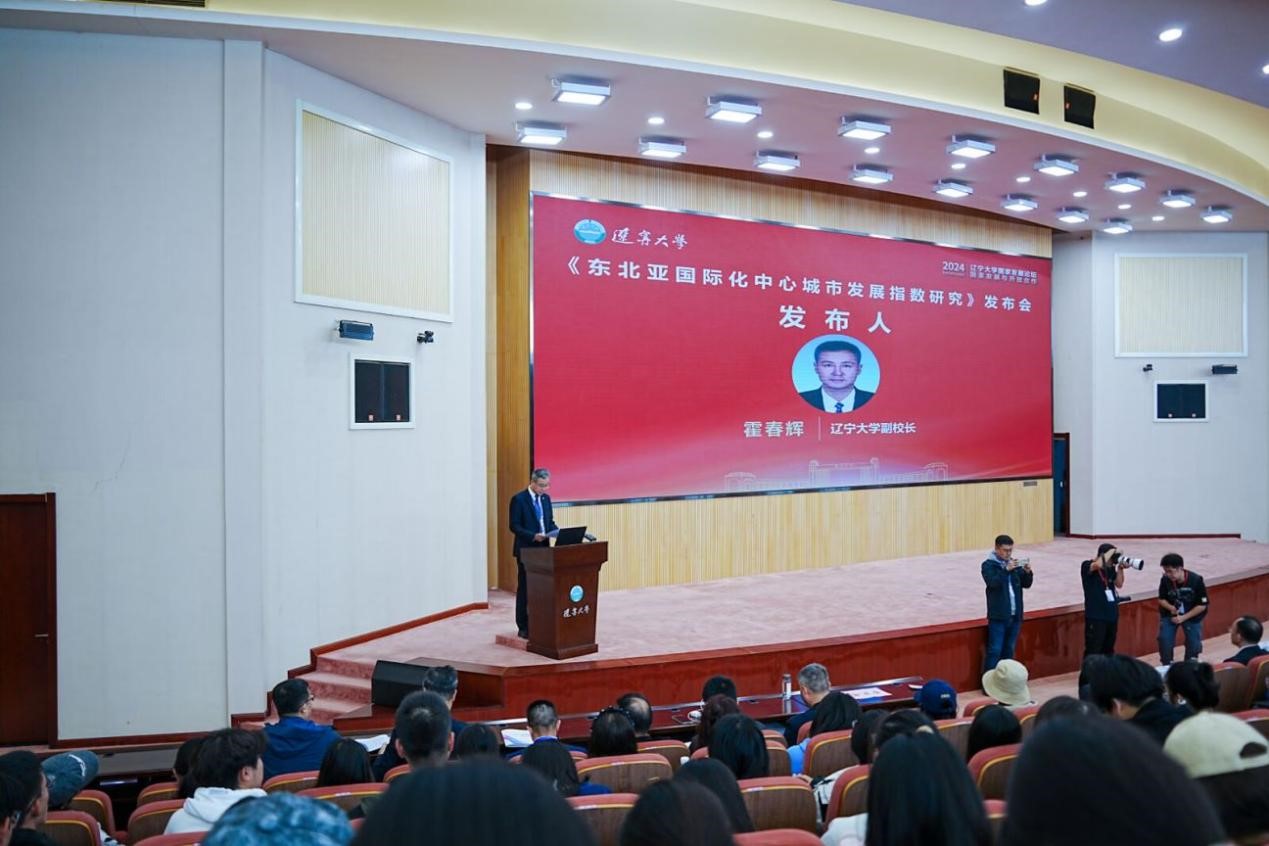
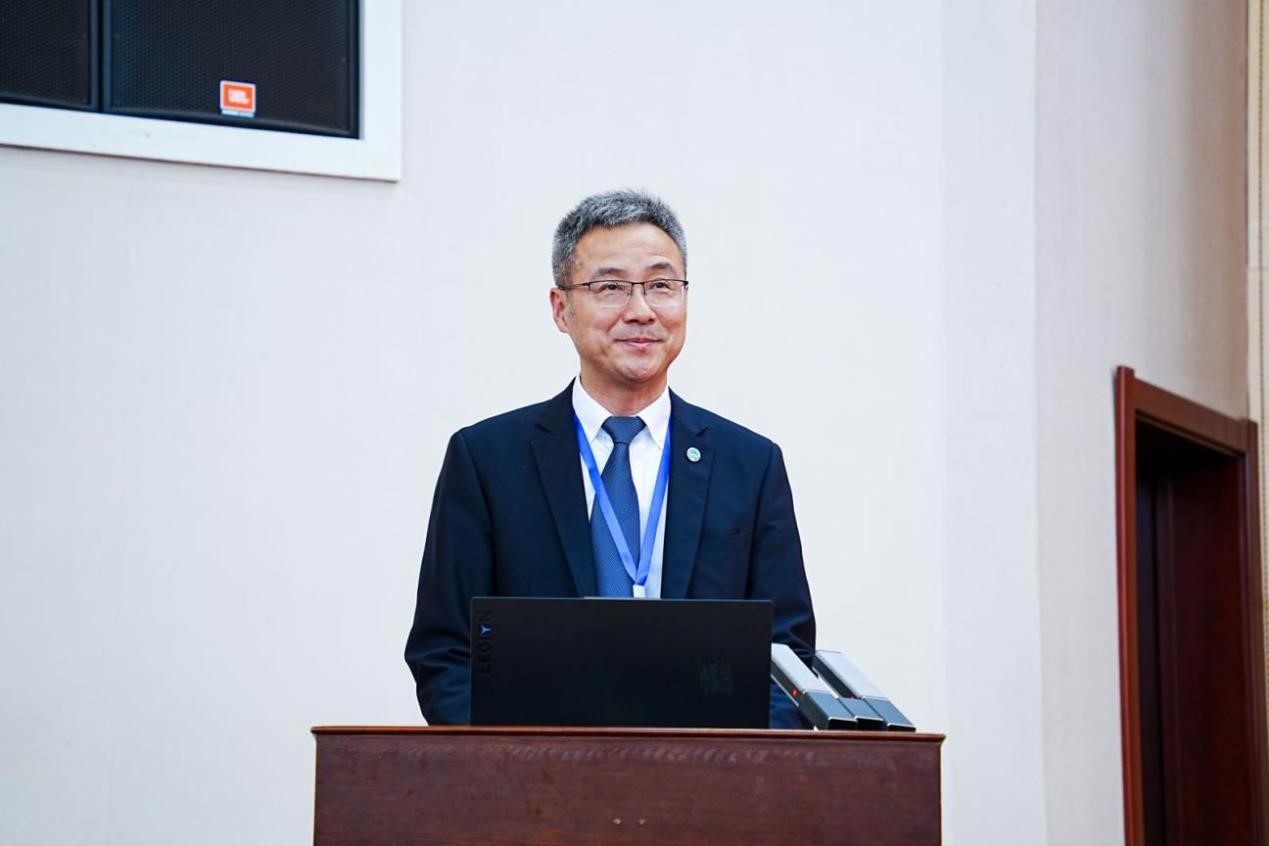
Huo Chunhui, Vice President of Liaoning University solemnly recommended Research on the Development Index of Internationalized Cities in Northeast Asia to the guests at the opening ceremony. Taking 15 sub-provincial cities, 17 non-sub-provincial capital cities and four municipalities directly under the Central Government from 2017 to 2022 as research samples, the report collects 63 three-level indicators from 10 aspects in politics, finance, trade, science and technology, culture, education, medical care, transportation, information and greenness to construct a special index and then synthesizes the comprehensive development index of international cities in Northeast Asia to fully reflect the comprehensive strengths of the cities. Moreover, the report expands to global cities to include New York, London, Paris and Tokyo as samples to make a comparative analysis on the development of the world’s top cities and calculate the relevant indexes, which can provide reference for the development of international cities in China. This report provides valuable reference for realizing the sustainable prosperity of Shenyang and the building of a better life for residents. It also plays an important role in decision-making reference for national planning and Shenyang’s development to be an international city in Northeast Asia.
Keynote speeches at the forum
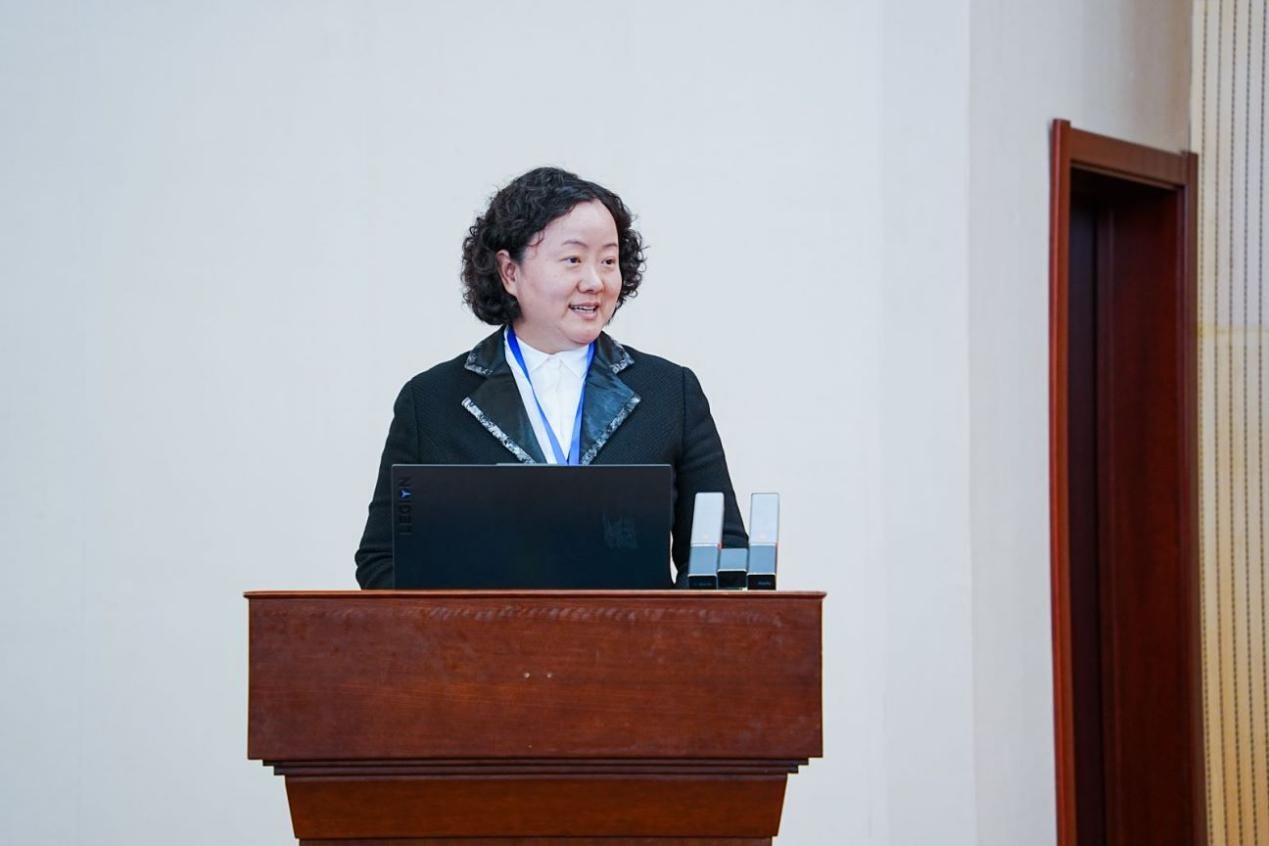

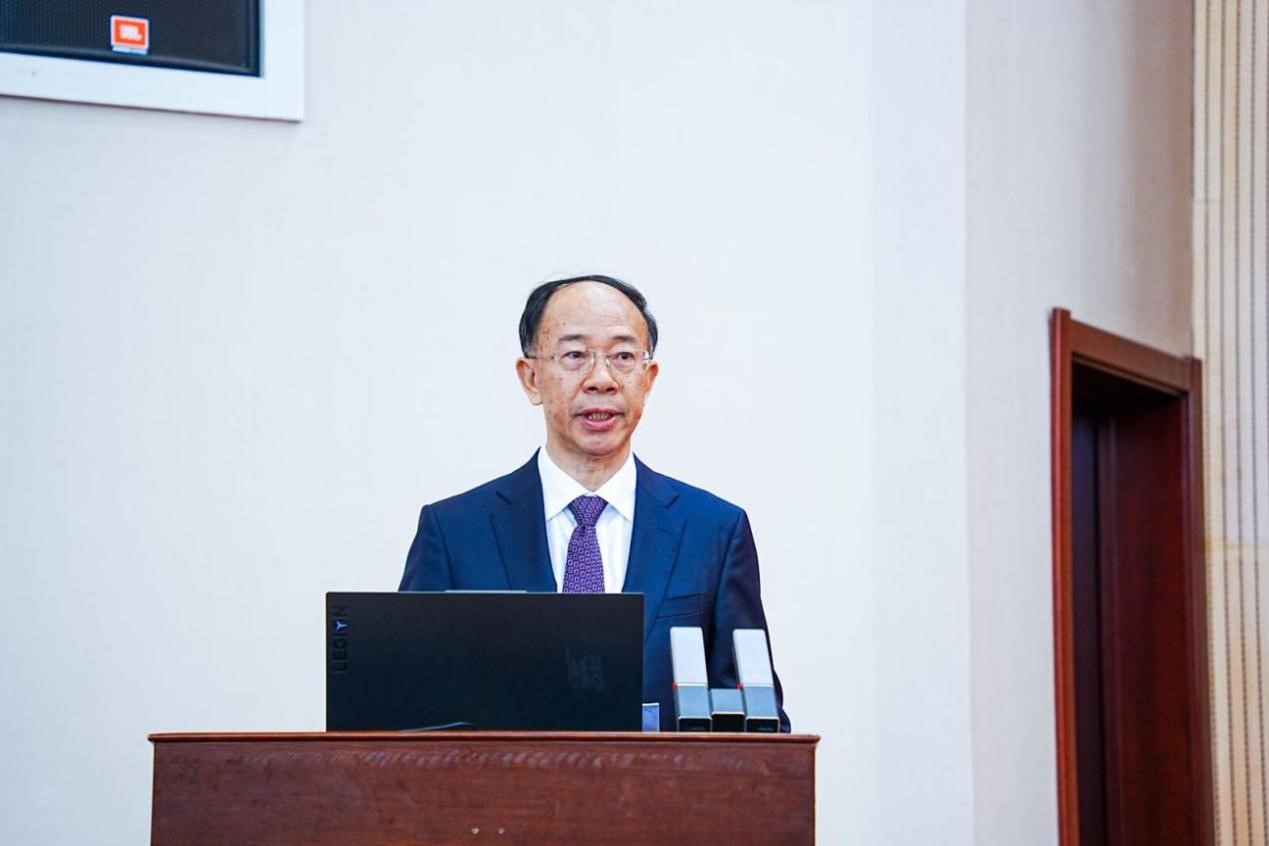
Li Yupeng, Vice President of Liaoning University, presided over the section of keynote speeches. Director Yin Yanlin gave a keynote speech titled ‘Grasping the Opportunities in Northeast China under the Development of New Quality Productive Forces’. He introduced the characteristics, main driving forces, core features of new quality productive forces. He noted that at the Third Plenary Session of the 20th CPC Central Committee, new requirements on promoting revolutionary technological breakthroughs, innovative allocation of production factors, deep industrial transformation and upgrading, improving strategic industrial development policies and governance systems and strengthening the supply of new fields and new tracks were put forward. Concluding, based on the reality in Northeast China, he introduced the opportunities to develop new quality productive forces in Northeast China through promoting the development of agriculture, industry, culture, tourism, science and technology and reform of state-owned enterprises.
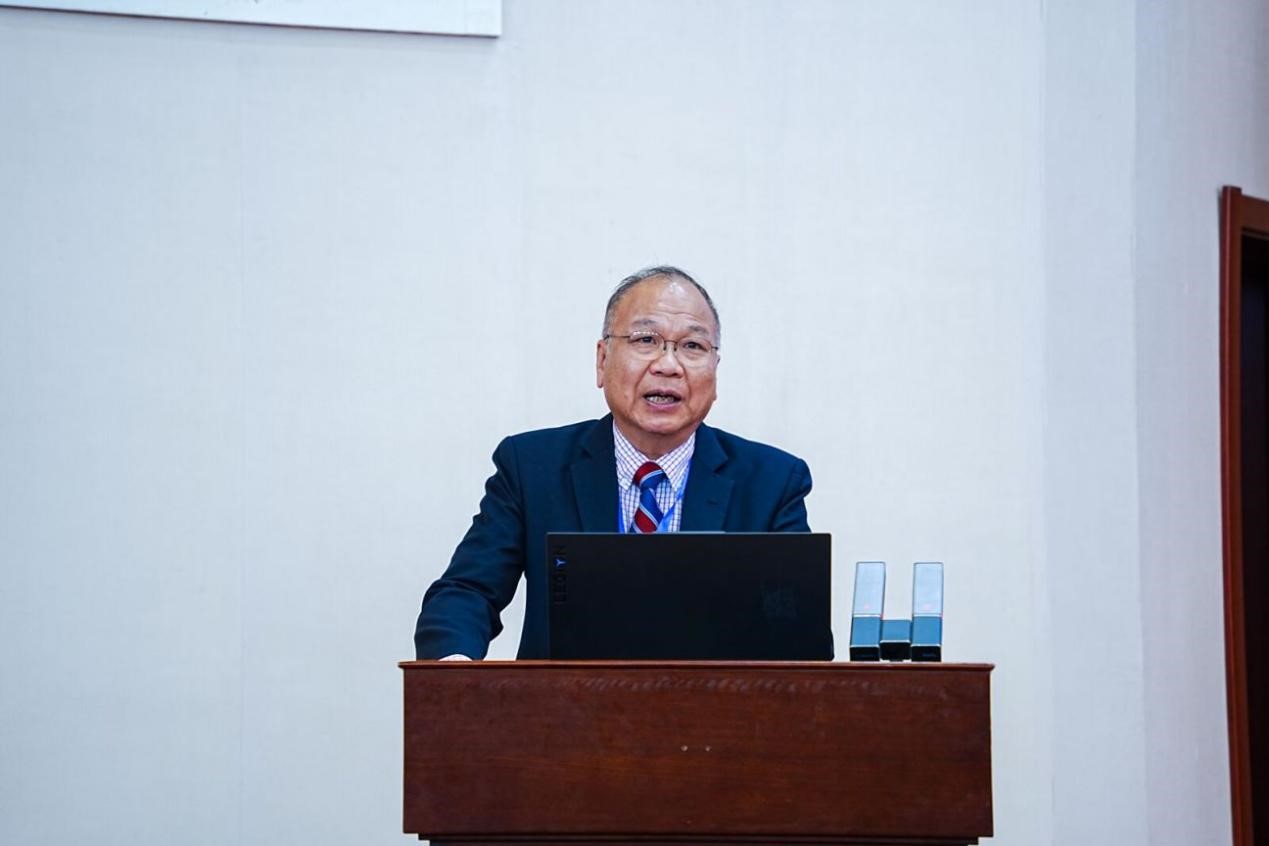
Professor Wing Thye Woo gave a keynote speech on ‘Fragmentation of the Global Economic System and Climate Change’. He analyzed the challenges faced by the world at present, such as climate change, cultural division and regional wars. He introduced the 17 sustainable development goals put forward by the United Nations to solve economic poverty, social justice, environmental protection and effective mobility. By citing the theories of Adam Smith, a famous economist, he emphasized the importance of free trade and globalization and their application in modern society. He also offered views on how to prevent the spiral rise of tension between China and the United States.
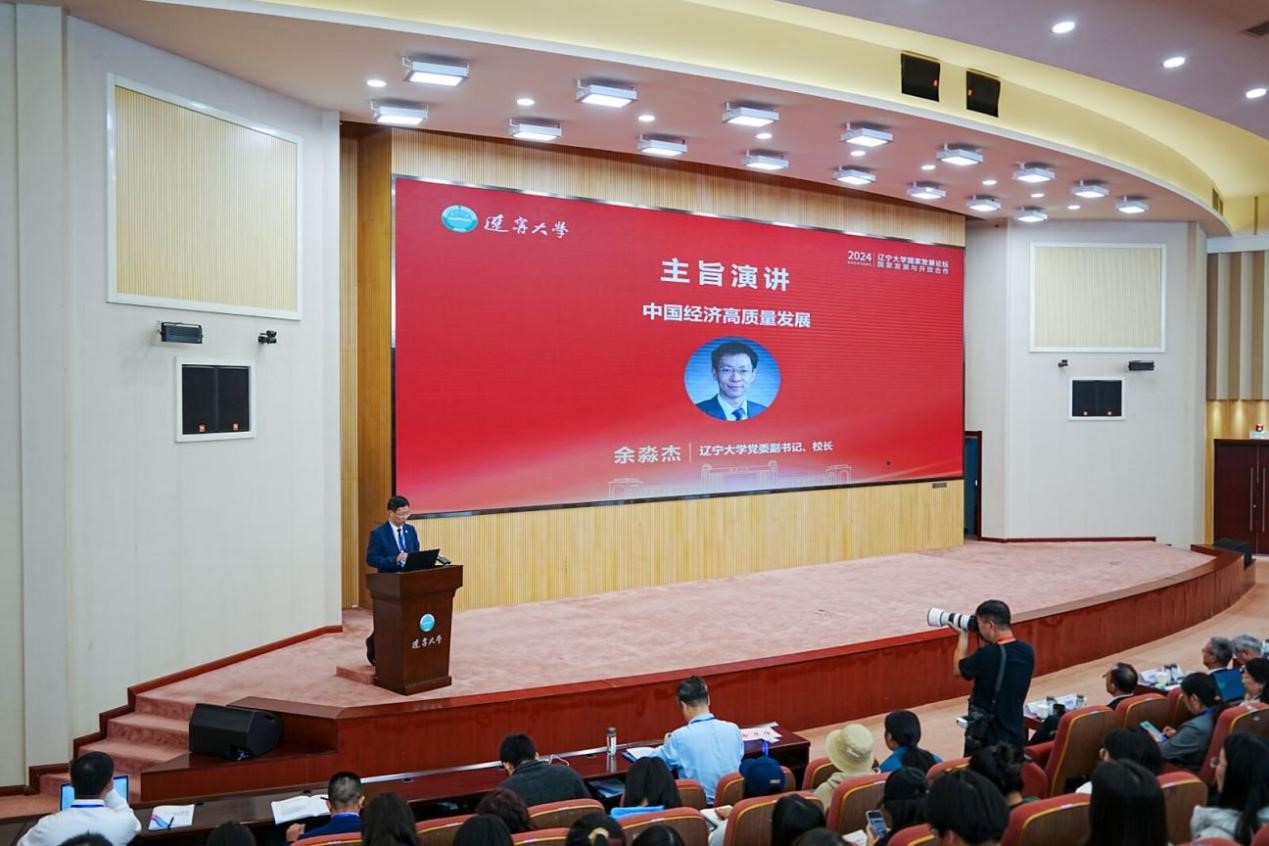
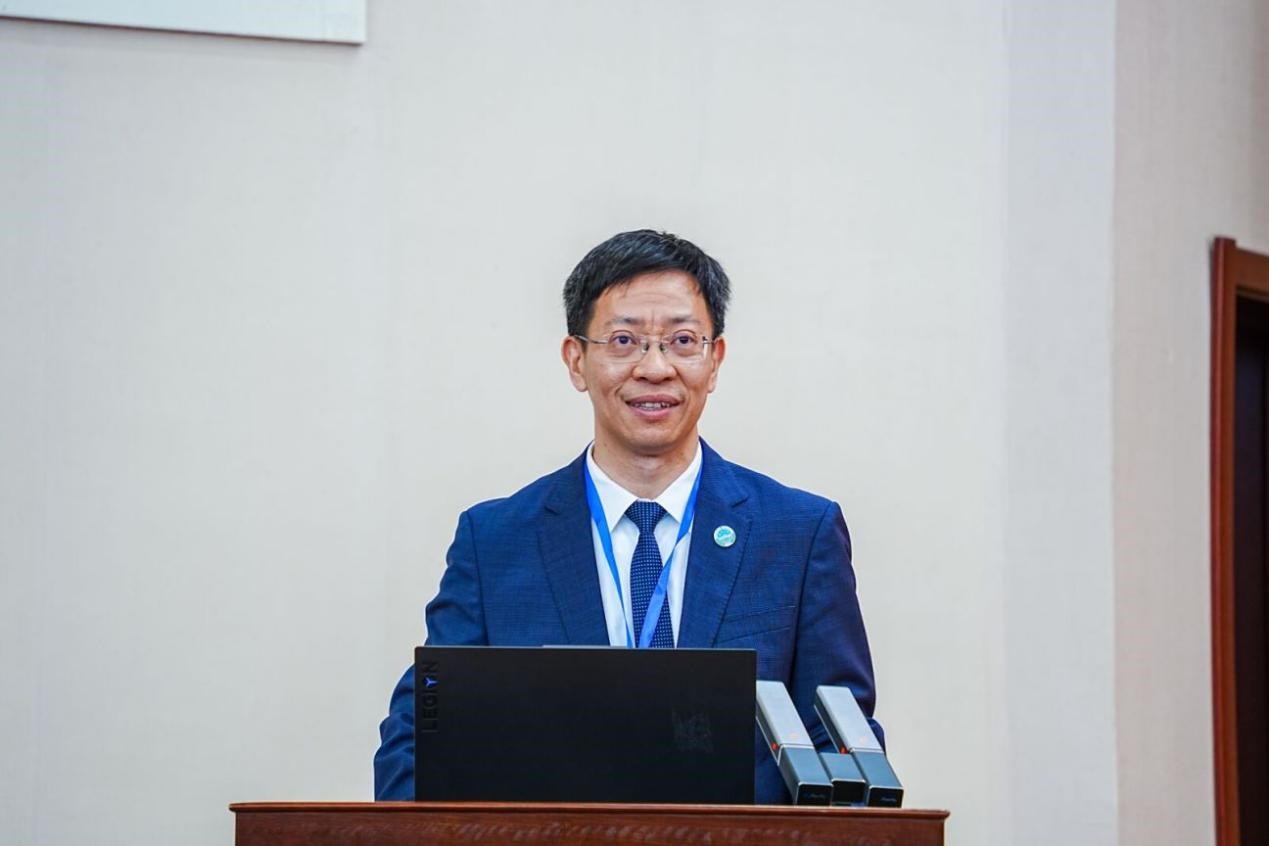
Professor Yu Miaojie gave a keynote speech titled ‘High-quality Economic Development in China’. He analyzed the challenges and trends in China’s economic development in the short, medium and long term. Starting from the five development concepts, he shared his understanding of the reform measures proposed at the Third Plenary Session of the 20th CPC Central Committee. Regarding innovation, he believed that innovation is divided into scientific and technological innovation and in-depth technological innovation. At present, China needs to increase the proportion of basic research in R&D to further promote innovation and the way to make up short links is to vigorously develop new quality productive forces and promote the in-depth transformation and upgrading of industries. Regarding coordinated development, he emphasized that coordination relates to three aspects, urban-rural integration, regional integration and industrial integration. At present, it is imperative to make efforts to develop county economy and build a unified domestic market. Regarding green development, he noted that China is the first country where environmental protection and ecological conservation had been written into the Constitution. Reform in this field is to increase the proportion of non-fossil energies in primary energies and solve energy transportation according to local conditions. Regarding open development, he noted that the goal is to create a larger, broader and higher-level open supply. Regarding shared development, he noted that sharing is the ultimate goal of development, and that it is important to work hard for poverty alleviation, rural revitalization and common prosperity.
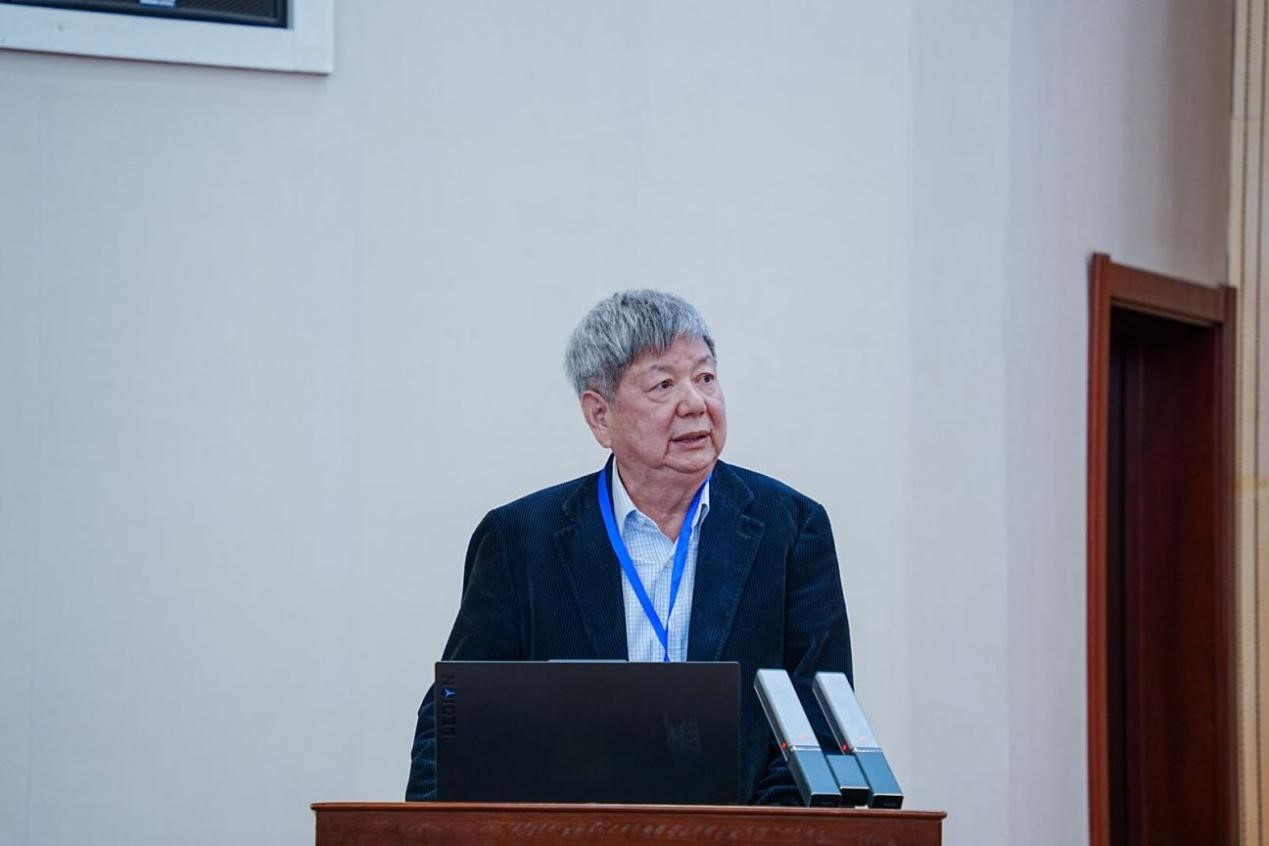
Professor Huang Sujian gave a keynote speech on ‘The Management Essence of New Quality Productive Forces’. He described new quality productive forces in relation to management essence, values and tools, environment, institutions and resources. He noted that the essence of management of new quality productive forces is that enterprises need to adapt to the environment of comprehensive digital transformation, quickly respond to changes in external technologies and markets, integrate and allocate resources and update their strategies. He added that the development of new quality productive forces needs environmental, institutional and resources, as well as updates to enterprises’ strategies and innovation.
.
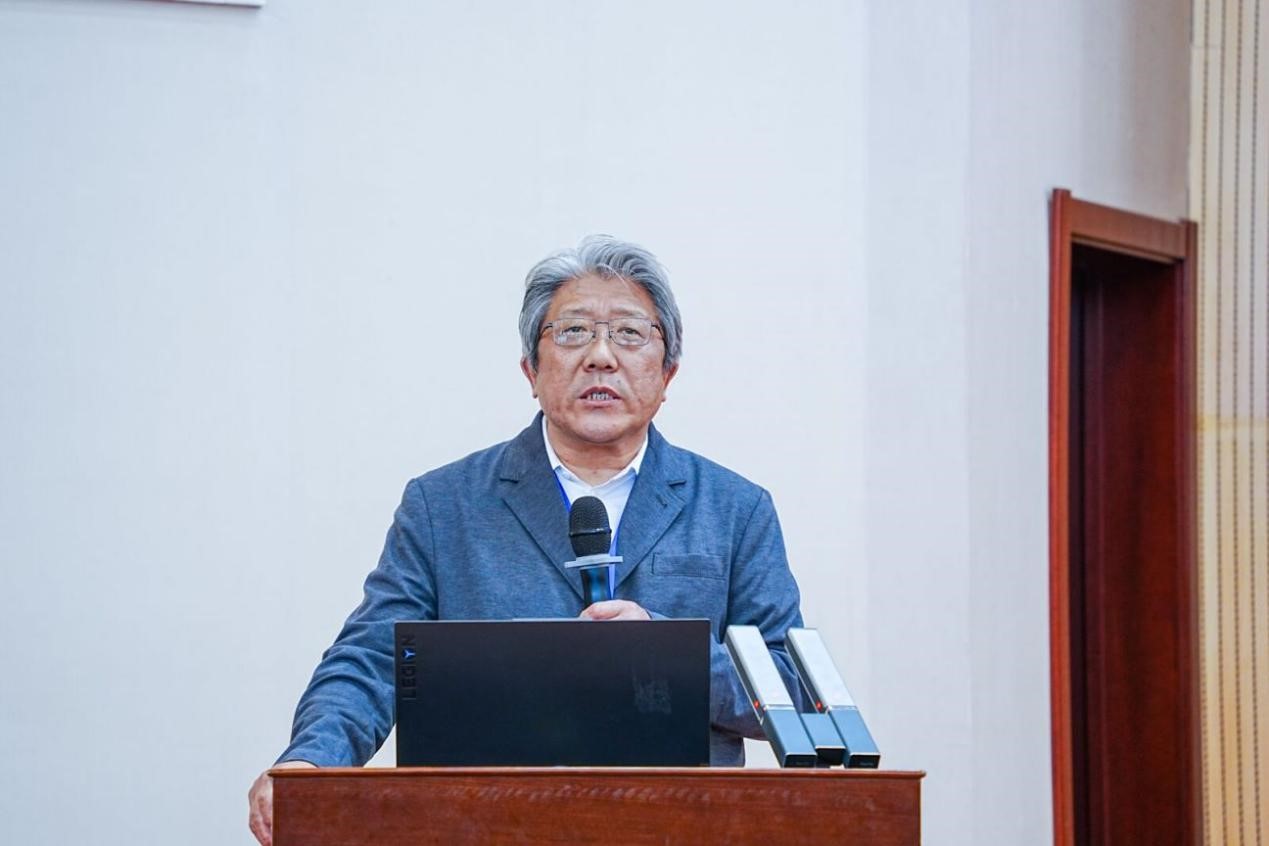
Professor Xie Di gave a keynote speech titled ‘Promoting Chinese Modernization with Integrated Reform of System, Institution and Mechanism’. Based on the reality of the national budget reform in the past 20 years, he explained departmental budget management and the application of technical means, the necessity and development process of promoting the reform of budget management integration carried out by the Ministry of Finance in recent years from the aspects of causes, policies, integrated reform and changes. He believed that the budget management system is an important foundation of the socialist market economic system and that there is an inevitable requirement for deepening its reform.
The opening ceremony and the speeches were attended by more than 600 scholars, officers, entrepreneur representatives, teachers and students from Fudan University, Nankai University, Sun Yat-sen University, Wuhan University, Beijing Normal University, Shandong University, Jilin University, Northeastern University, Northwest University, Central University of Finance and Economics, East China Normal University, Lanzhou University, Ningxia University, Heilongjiang University, Guizhou University, Zhongnan University of Economics and Law, Tianjin Chengjian University, Harbin University of Commerce, Zhejiang International Studies University, Liaodong University, Fukuoka University, Shanghai Academy of Social Sciences, Guangdong Academy of Social Sciences, Shenyang Social Science Association. Also attending were the Anshan State-owned Assets Supervision and Administration Commission and Shenbei New District Management Committee, Shenyang Jiade Lianyi New Energy Technology Co., Ltd., Shenyang 213 Electronic Technology Co., Ltd., Anshan State-owned Assets Management Committee, Anshan Water Group, Anshan Metallurgical Industry Group Co., Ltd., Benxi Huanren Shichang Agricultural Tourism Co., Ltd., and Yingkou Clean Membrane Technology Engineering Service Co., Ltd.
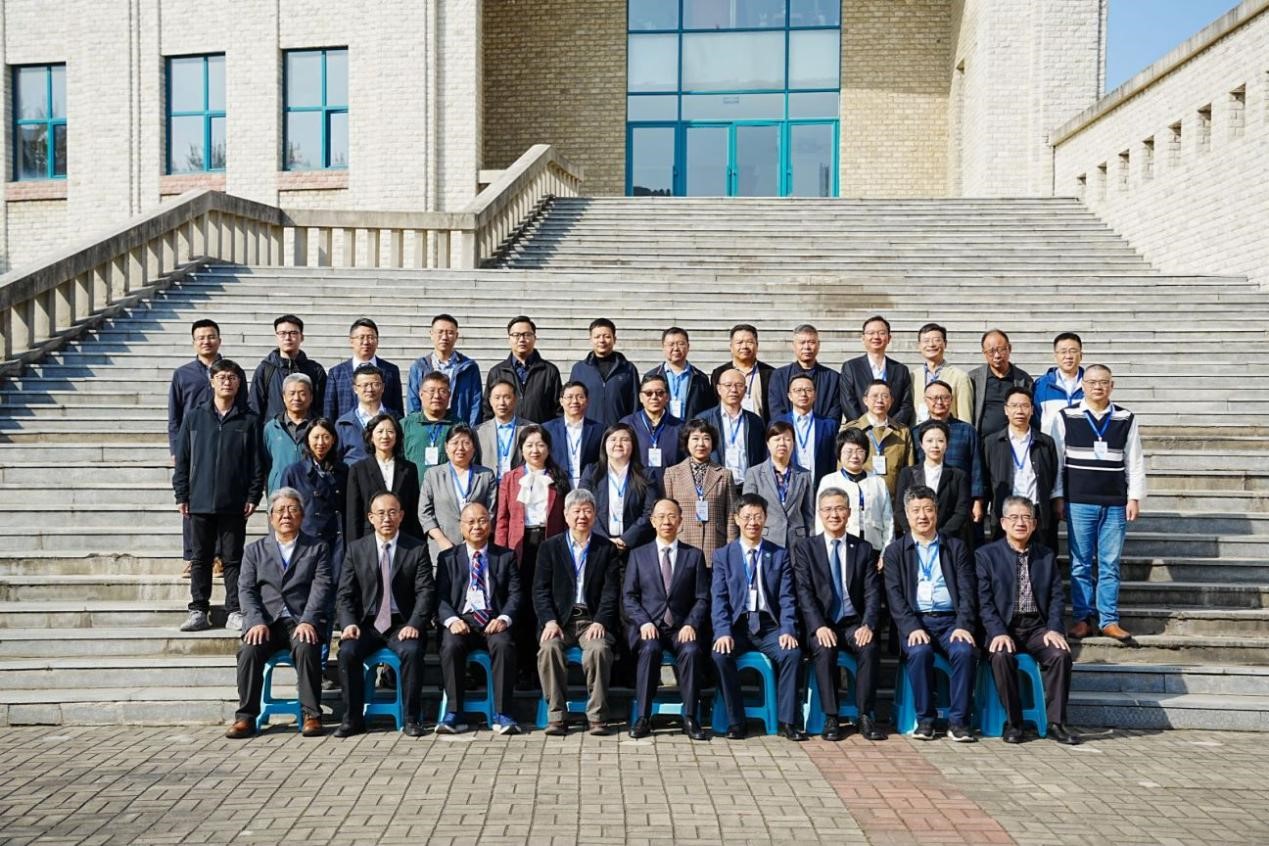
The 2024 National Development Forum of Liaoning University lasted for one and a half days, including the opening ceremony, press conference, keynote speeches, seven parallel sub-forums, closing ceremony and closing speeches. Based on the practices of China’s reform and opening-up and Chinese modernization, the forum focused on the discussion and exchange of major issues of national development, summarized the major progress of national development to contribute China’s insights to the prosperity of the world economy and the better life of all mankind and provide solutions for the new breakthrough of Chinese modernization and the revitalization of Northeast China.